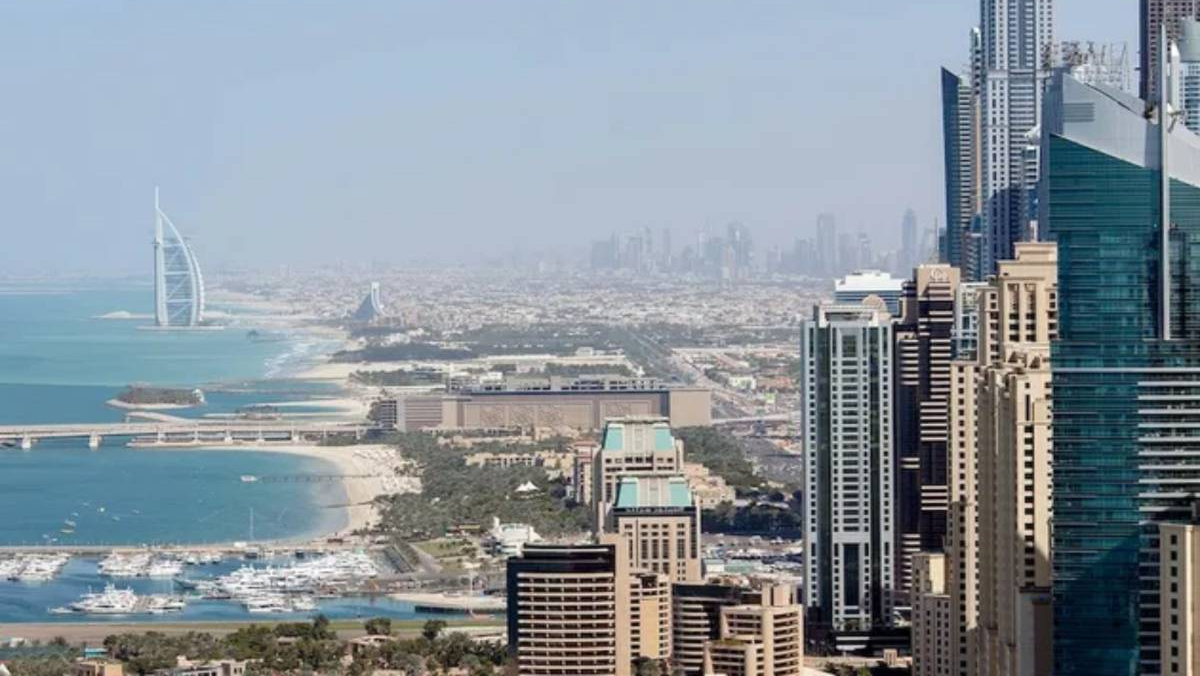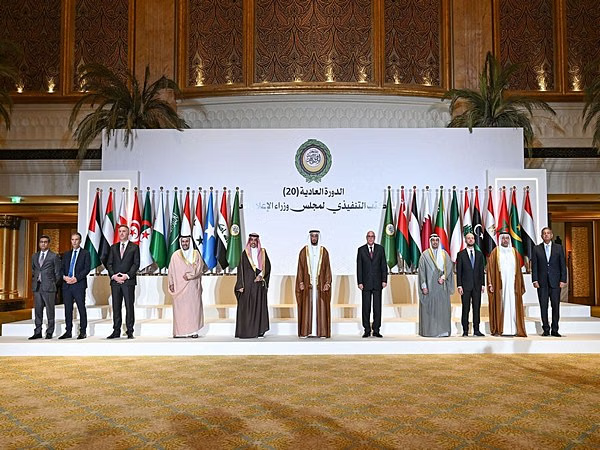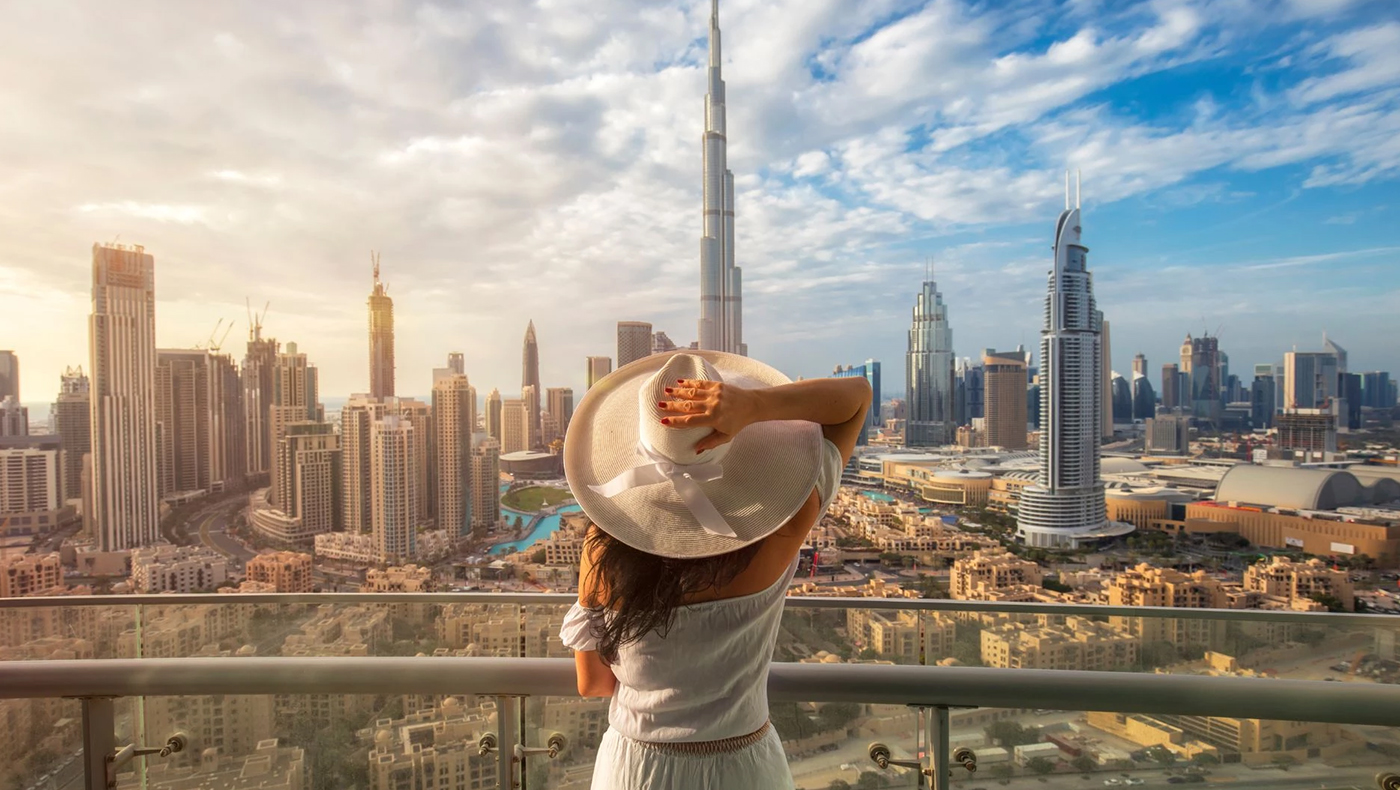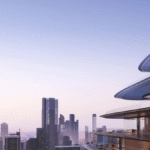Now Reading: UAE Press Freedom Journey: From Print Beginnings to Today 2025
-
01
UAE Press Freedom Journey: From Print Beginnings to Today 2025
UAE Press Freedom Journey: From Print Beginnings to Today 2025

Table of Contents
The history of press freedom in the United Arab Emirates (UAE) reflects the country’s journey from a newly formed federation to a modern, globally connected state. Over the decades, the UAE’s media sector has grown significantly both in size and influence as the nation strives to balance development, social harmony, and responsible journalism.
This article explores the key milestones that shaped press freedom in the UAE, shedding light on how regulations, technology, and government initiatives have influenced the media landscape.
1971: The Birth of the UAE and Media Foundations

In 1971, the United Arab Emirates was formed, uniting seven emirates under one federation. With this new beginning came the foundation of national institutions including a media system. Early newspapers like Al Khaleej and Al Ittihad played a vital role in informing the public about national developments and encouraging unity.
Although the early media environment was limited, it laid the foundation for future press development. At the time, freedom of expression was guided by cultural norms and the goal of national cohesion.
1980: The First Press and Publications Law
One of the most defining moments for the UAE press came in 1980 with the implementation of Federal Law No. 15, also known as the Press and Publications Law. This law regulated the print media and established guidelines for journalists and publishers.
While the law introduced a regulatory framework, it also placed certain restrictions on media content, especially anything seen as threatening to national unity, religion, or public order. Still, this legal milestone gave the press industry a formal structure and encouraged professionalization within journalism.
1990s: Rise of Private Media and Journalism Institutions
During the 1990s, the UAE experienced rapid economic growth and modernization. Along with this came the rise of private media outlets, which expanded the diversity of news and opinions available to the public.
In this decade, institutions like the Emirates Media Incorporated (later part of Abu Dhabi Media) helped promote national journalism. Moreover, the increase in private investment in media led to the growth of English-language newspapers such as Gulf News and Khaleej Times, reflecting the needs of a growing expatriate population.
This era saw more robust journalism, though press freedom continued to operate within the boundaries of cultural sensitivity and legal regulations.
2000s: Digital Boom and Government Media Strategy
The 2000s marked the beginning of the digital revolution in the UAE. With the growth of internet access and mobile technology, many traditional newspapers launched online editions, and new digital platforms emerged.
In 2006, the government established the National Media Council (NMC) to oversee media content and regulate licensing. The NMC aimed to encourage responsible reporting while supporting the growth of the media sector.
During this time, the UAE was also ranked among the top regional countries in terms of investment in media infrastructure. Initiatives such as Dubai Media City and twofour54 in Abu Dhabi provided platforms for local and international media companies to thrive.
While internet access gave people more ways to share and receive information, the laws still required journalists and online platforms to respect the cultural, religious, and political values of the nation.
2016: New Media Laws and Online Regulation
A major shift in the media landscape came with the Electronic Media Regulation Law issued by the NMC in 2016. This law extended content rules to cover websites, blogs, and social media platforms used by individuals and organizations for commercial purposes.
The law required all online media to be licensed and regulated, ensuring that the same content rules applied both offline and online. It was a sign that the UAE government recognized the growing power of digital media and sought to align it with national goals.
This milestone also marked a push towards higher media accountability, with clear consequences for spreading false news or violating public morals online.
2020: UAE Declares Support for Responsible Journalism
In 2020, during the height of the COVID-19 pandemic, the role of the media became more critical than ever. The UAE government emphasized the importance of combatting misinformation and promoting accurate news through official channels.
The UAE Media Strategy 2031, announced during this period, set out a long-term vision to strengthen the country’s media industry. The goals included boosting global competitiveness, supporting Emirati content creators, and training media professionals.
The strategy stressed the need for press freedom to operate within a system of social responsibility — promoting truth, avoiding harmful rumors, and respecting the diversity of UAE society.
2022: New Media Regulatory Body
In 2022, the UAE Media Council was officially launched, replacing the National Media Council. This change aimed to centralize media regulation and support the country’s vision to become a regional media hub.
The UAE Media Council is responsible for issuing licenses, approving media content, and ensuring that journalistic standards are upheld across all platforms. It has also introduced updated codes of ethics and media guidelines to improve quality and transparency in the press.
This reform has been seen as a step forward in ensuring both professional freedom and accountability in journalism.
Current Landscape: Striking a Balance

Today, the UAE press continues to evolve. Journalists, influencers, and media outlets operate in a dynamic environment where freedom of expression is encouraged as long as it aligns with national laws and cultural values.
While the UAE ranks lower on some global press freedom indexes, it has made significant efforts to promote responsible journalism and expand the media industry. Media professionals are encouraged to report factually, avoid sensationalism, and contribute to national development.
Media training programs, Emirati talent development, and partnerships with global news agencies show the country’s commitment to a strong and ethical media sector.
Conclusion
The history of press freedom in the UAE reflects the nation’s broader journey: one of rapid growth, modernization, and careful balance between openness and order. From print beginnings in the 1970s to the sophisticated digital platforms of today, UAE media has come a long way.
With updated laws, advanced media zones, and strategic government initiatives, the UAE continues to invest in a vibrant media environment. Press freedom, while guided by national interests, plays a vital role in shaping the country’s future.
As the UAE looks toward 2031 and beyond, the focus remains on nurturing a responsible, innovative, and globally competitive press that reflects the spirit of the Emirates.
Read More:- Why Smaller Lawns Are Smarter: Save Water and Money Fast 2025






















